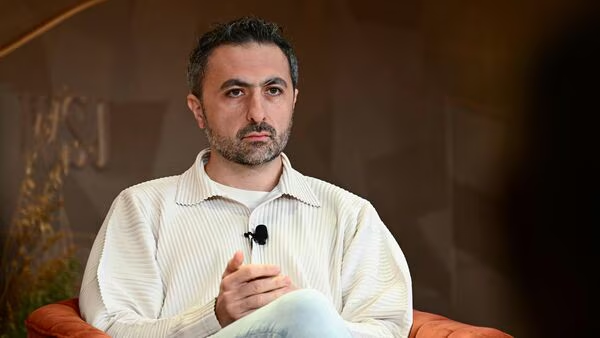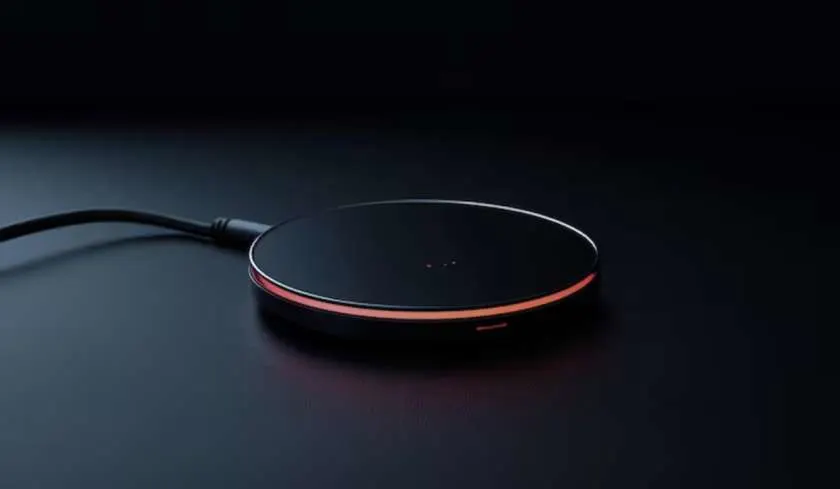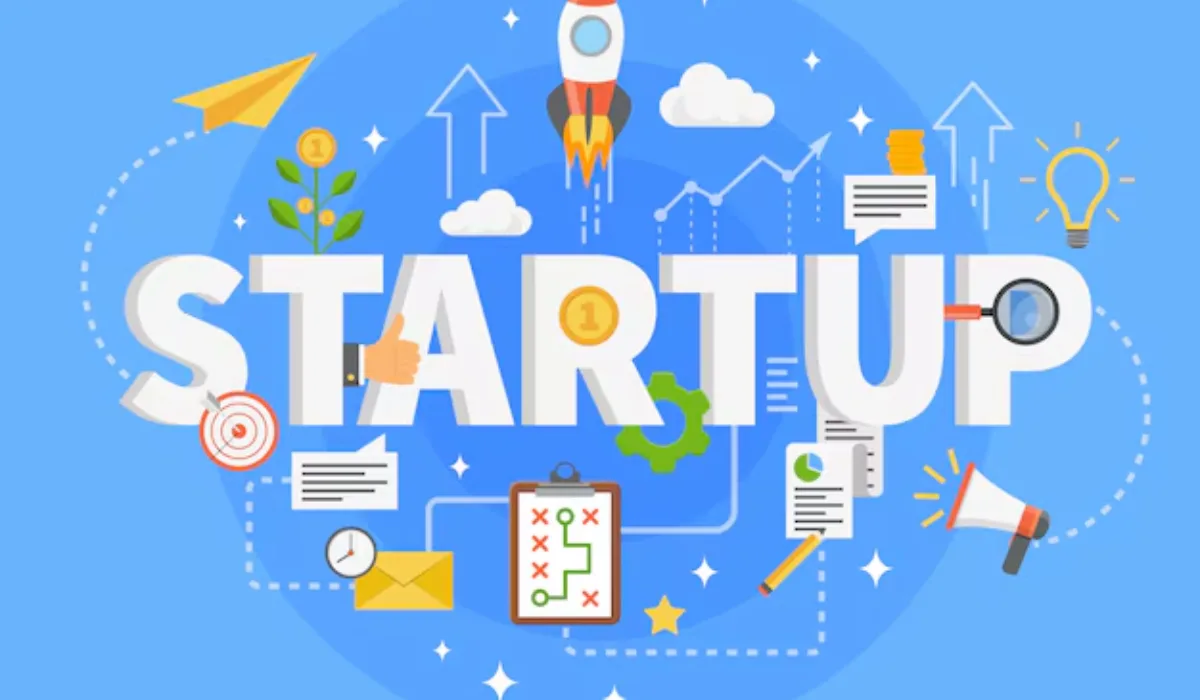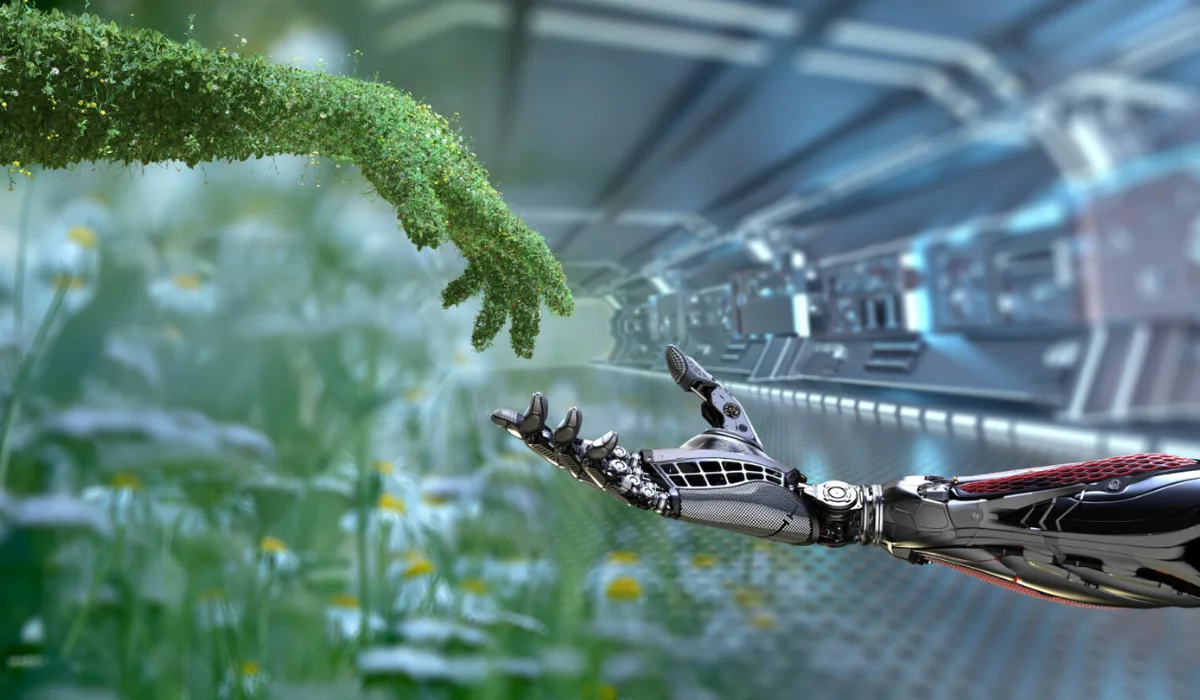In a meeting at the Aspen Ideas Celebration on Tuesday, Mustafa Suleyman, Chief of Microsoft computer based intelligence, made plainly he appreciates OpenAI President Sam Altman.
CNBC's Andrew Ross Sorkin asked what the arrangement will be the point at which Microsoft's tremendous computer based intelligence future isn't so intently subject to OpenAI, utilizing a similitude of coming out on top in a bicycling race. Be that as it may, Suleyman avoided.
"I don't buy the representation that there is an end goal. This is another bogus edge," he said. "We need to quit outlining everything as a fierce race."
He then, at that point, continued to toe the Microsoft corporate line about his organization's game plan with OpenAI, in which it contributed a revealed $10 billion through a blend of money and cloud credits. The arrangement gives Microsoft a major stake in OpenAI's for-benefit business, and permits it to implant its artificial intelligence models into Microsoft products and offer its tech to Microsoft cloud clients. A few reports demonstrate that Microsoft may likewise be qualified for some OpenAI installments.
"The facts really confirm that we have brutal rivalry with them," Suleyman said about OpenAI. "They are an autonomous organization. We don't possess or control them. We even have no board individuals. So they do totally their own thing. Be that as it may, we have a profound organization. I'm excellent companions with Sam, have gigantic regard and, trust and confidence in what they've done. Furthermore, that is the way it will move for the majority, numerous years to come," Suleyman said.
This nearby/far off relationship is significant for Suleyman to pronounce. Microsoft's financial backers and endeavor clients value the cozy relationship. However, controllers got inquisitive and in April, the EU concurred that its speculation was not a genuine takeover. Should that change, no doubt so would the administrative association.
Suleyman says he trusts Altman on AI safety

As it were, Suleyman was the Sam Altman of man-made intelligence before OpenAI. He has enjoyed a large portion of his profession in contest with OpenAI, and is known for his own self image.
Suleyman was the organizer behind computer based intelligence pioneer DeepMind and offered it to research in 2014. He was supposedly placed on semi-voluntary vacation following charges of harassing representatives, as Bloomberg detailed in 2019, then, at that point, moved to other Google jobs prior to leaving the organization in 2022 to join Greylock Accomplices as an endeavor accomplice. A couple of months after the fact, he and Greylock's Reid Hoffman, a Microsoft board part, sent off Enunciation man-made intelligence to construct its own LLM chatbot, among different objectives.
Microsoft Chief Satya Nadella attempted however neglected to employ Sam Altman the previous fall, when OpenAI terminated him and afterward immediately reestablished him. From that point onward, Microsoft recruited Suleyman and quite a bit of Enunciation in Spring, leaving a shell of an organization and a major check. In his new job at Microsoft, Suleyman has been reviewing OpenAI code, Semafor announced recently. As one of OpenAI's past enormous adversaries, he's currently getting to jump somewhere inside the crown-gem reluctant rival contender.
There's one more flaw to all of this. OpenAI was established with a reason of doing computer based intelligence wellbeing research, to stop a one-day malicious artificial intelligence from obliterating humanity. In 2023, when he was as yet an OpenAI contender, Suleyman delivered a book called "The Approaching Wave: Innovation, Power and the 21st Century's Most noteworthy Predicament" with scientist Michael Bhaskar. The book talks about the risks of simulated intelligence and how to forestall them.
A gathering of previous OpenAI workers marked a letter before this month illustrating their feelings of dread that OpenAI and other simulated intelligence organizations are not viewing security in a serious way enough.
At the point when gotten some information about that, Suleyman likewise declared his affection and trust for Altman, yet in addition that he needs to see both guideline and a more slow speed.
"Perhaps this is on the grounds that I'm a Brit with European propensities, however I don't fear guideline in the way that kind of everybody appears to of course," he said, portraying all of this fingerpointing by the previous workers as a "sound exchange." He added, "I believe it's something extraordinary that technologists and business visionaries and Presidents of organizations such as myself and Sam, who I love truly and believe is great" are discussing guideline. "He isn't skeptical, he is genuine. He accepts it really."
However, he likewise said, "Grinding will be our companion here. These innovations are turning out to be so strong, they will be so personal, they'll be so ever-present, that here it's fine to assess the situation." Assuming all of this discourse dials back simulated intelligence improvement by six to year and a half or longer "it's time very much spent."
Suleyman wants cooperation with China, AI in classrooms

Suleyman additionally offered a few intriguing remarks on different issues. On the simulated intelligence race with China:
"With all due regard to my old buddies in DC and the military modern complex, on the off chance that it's the default outline that it must be another Virus War, then, at that point, that is precisely exact thing it will be on the grounds that it will end up being an unavoidable outcome. They will expect that we dread that we will be ill-disposed so they must be antagonistic and this is simply going to raise," he said. "We need to track down ways of collaborating, be conscious of them, while likewise recognizing that we have an alternate arrangement of values."
On the other hand, he additionally said that China is "building their own innovation biological system, and they're spreading that all over the planet. We ought to give close consideration."
At the point when asked his perspective on kids involving simulated intelligence for homework, Suleyman, who said he doesn't have children, disregarded it. "I think we must be somewhat cautious about dreading the disadvantage of each and every device, you know, similarly as when number crunchers came in, there was a sort of this stomach response, gracious, no, everybody will have the option to quickly kind of settle every one of the situations. Furthermore, it will make us more idiotic on the grounds that we couldn't do mental math."
He additionally imagines a period, very soon, where computer based intelligence resembles a student teacher, maybe visiting live in the homeroom, as computer based intelligence's verbal abilities get to the next level. "What might it resemble for an extraordinary educator or teacher to have a significant discussion with a computer based intelligence that is live and before their crowd?"
The aftereffect focus point is that, assuming we need individuals who are building and benefitting from computer based intelligence to administer and safeguard mankind from its most obviously awful impacts, we might be setting ridiculous assumptions.













